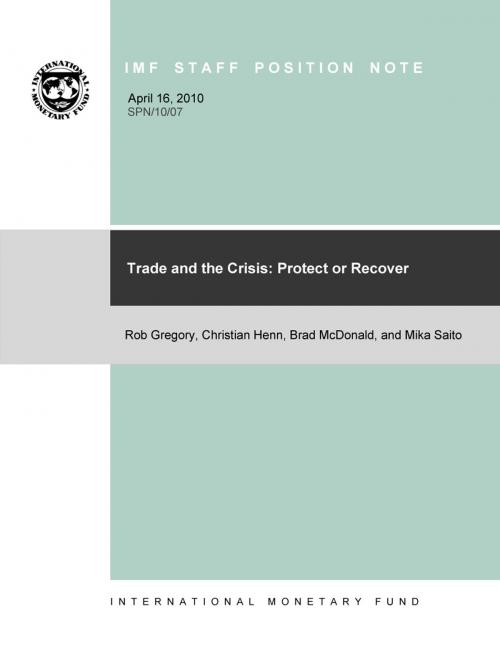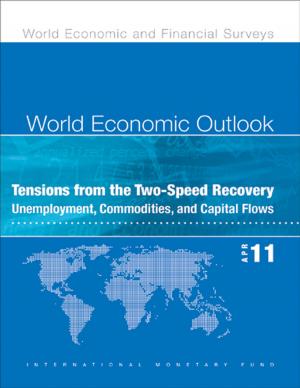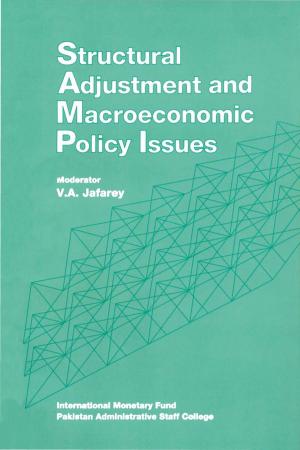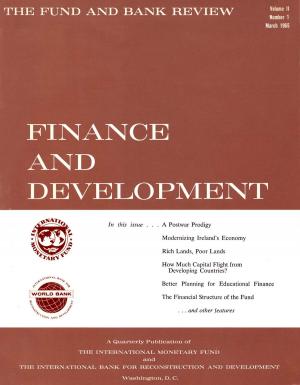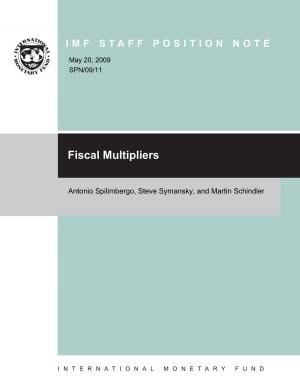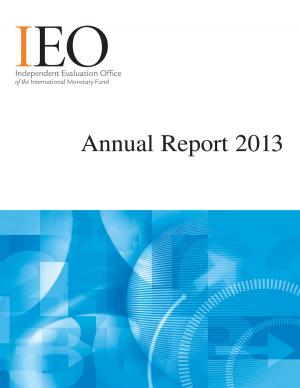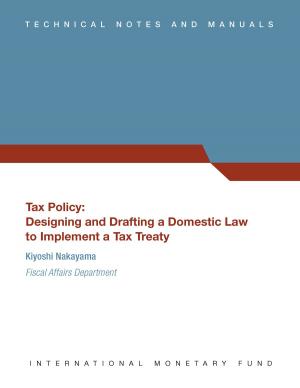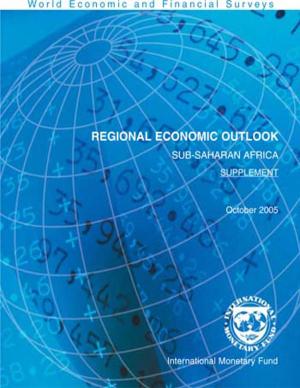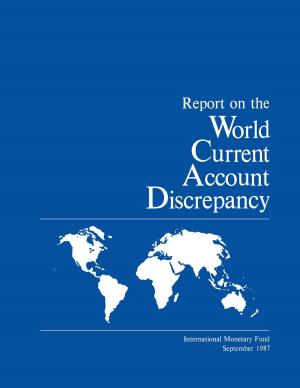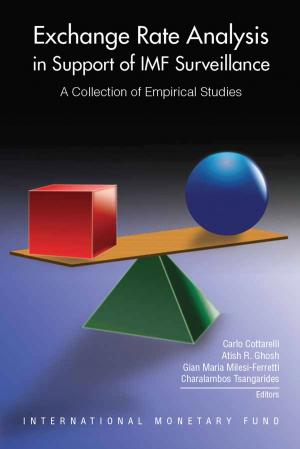Trade and the Crisis: Protect or Recover (EPub) (PDF Download)
Business & Finance, Economics, Money & Monetary Policy, Macroeconomics| Author: | Mika Saito, Christian Henn, Rob Gregory, Bradley Mr. McDonald | ISBN: | 9781452762432 |
| Publisher: | INTERNATIONAL MONETARY FUND | Publication: | April 16, 2010 |
| Imprint: | INTERNATIONAL MONETARY FUND | Language: | English |
| Author: | Mika Saito, Christian Henn, Rob Gregory, Bradley Mr. McDonald |
| ISBN: | 9781452762432 |
| Publisher: | INTERNATIONAL MONETARY FUND |
| Publication: | April 16, 2010 |
| Imprint: | INTERNATIONAL MONETARY FUND |
| Language: | English |
The pace of trade reforms waned from the mid-2000s as protectionist sentiment began to increase. With the onset of the global financial crisis, reform progress not only halted but began to reverse. As we show in this note, new trade restrictions have had—in the limited products they targeted—a strong negative impact on trade. The aggregate impact of new restrictions is modest, at about 0.25 percent of global trade, as most countries have resisted a widespread resort to protectionism. Looking ahead, however, in 2010 sustained high unemployment, uneven growth, and an unwinding of government stimulus measures suggest that protectionist pressures may rise. Gaps in World Trade Organization (WTO) commitments leave ample scope to further restrict trade, so unless all countries vigorously resist protectionism this could threaten the economic recovery and drag down future growth. Continuing and further enhancing the monitoring of all protectionist measures and maintaining the high-level political awareness of the associated macroeconomic risks will help. But the surest way to avoid such a downside scenario is to tighten multilateral trade commitments by completing the WTO Doha Round. This can be viewed as a key part of the exit strategy from the global economic crisis.
The pace of trade reforms waned from the mid-2000s as protectionist sentiment began to increase. With the onset of the global financial crisis, reform progress not only halted but began to reverse. As we show in this note, new trade restrictions have had—in the limited products they targeted—a strong negative impact on trade. The aggregate impact of new restrictions is modest, at about 0.25 percent of global trade, as most countries have resisted a widespread resort to protectionism. Looking ahead, however, in 2010 sustained high unemployment, uneven growth, and an unwinding of government stimulus measures suggest that protectionist pressures may rise. Gaps in World Trade Organization (WTO) commitments leave ample scope to further restrict trade, so unless all countries vigorously resist protectionism this could threaten the economic recovery and drag down future growth. Continuing and further enhancing the monitoring of all protectionist measures and maintaining the high-level political awareness of the associated macroeconomic risks will help. But the surest way to avoid such a downside scenario is to tighten multilateral trade commitments by completing the WTO Doha Round. This can be viewed as a key part of the exit strategy from the global economic crisis.
